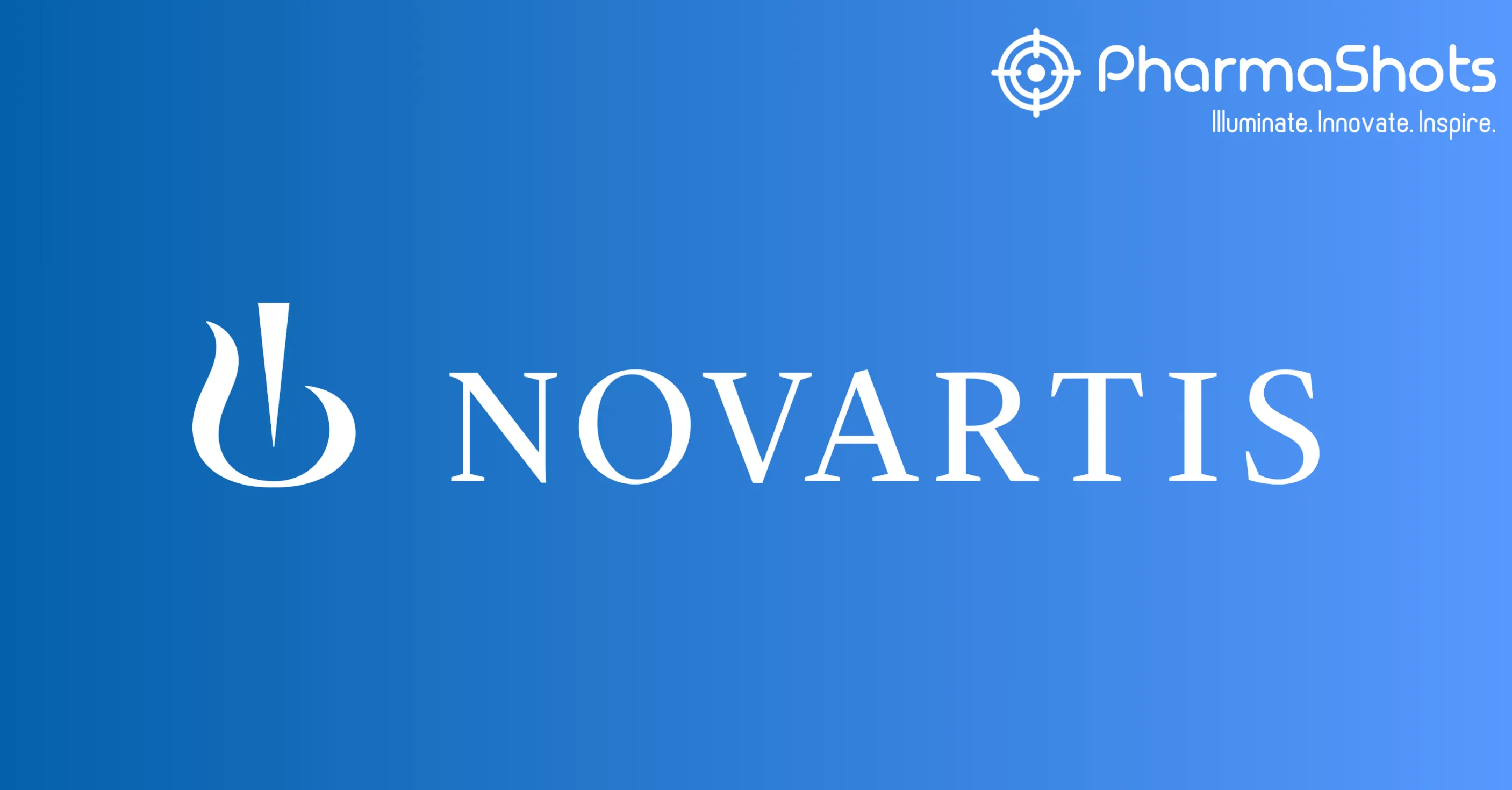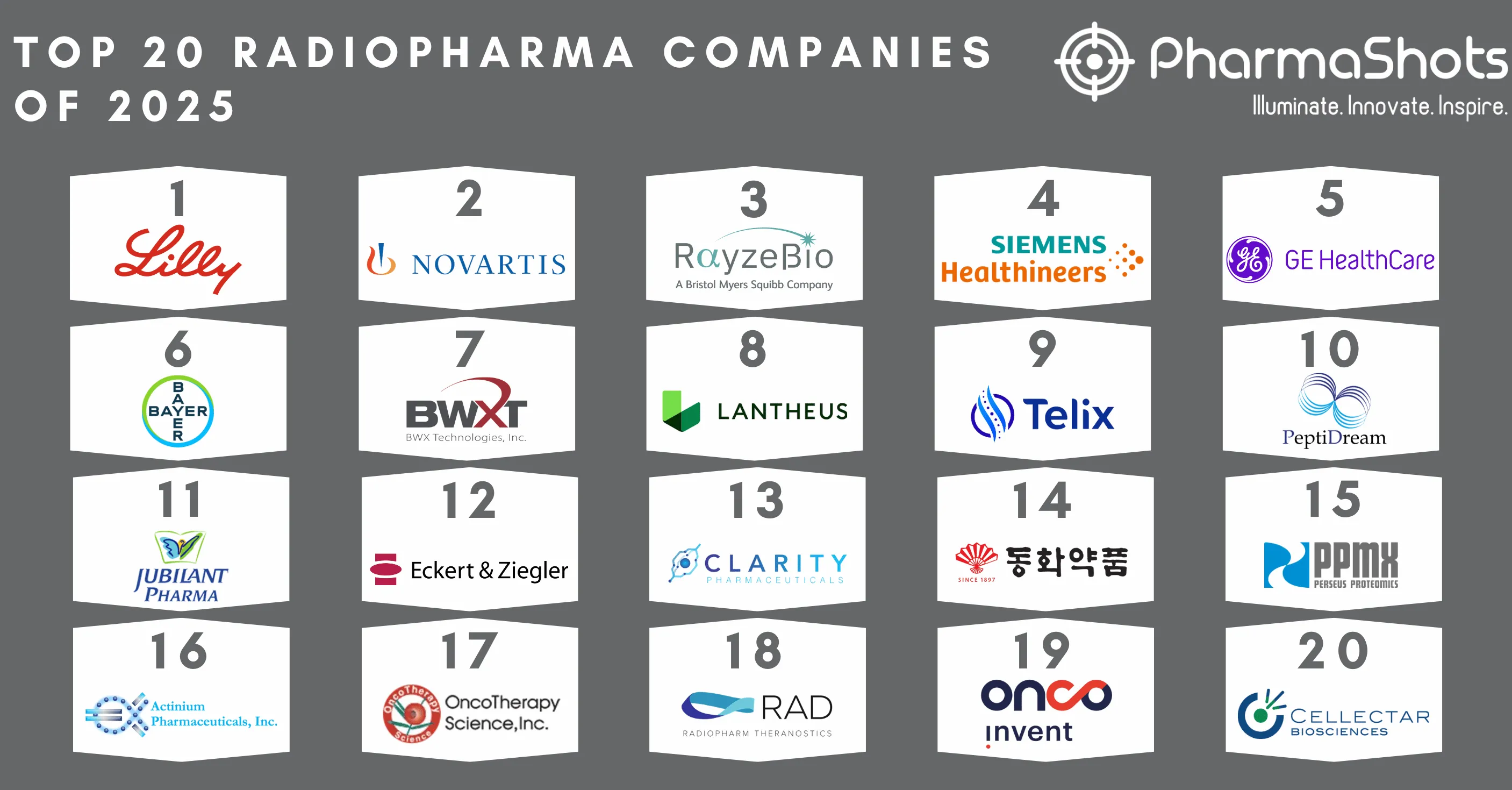
8 Major Reasons Behind the Soaring Layoffs in the Pharmaceutical Industry
Shots:
- In the wake of International Labour Day, PharmaShots presents a detailed take on the recent layoffs in the Pharmaceutical Sector with an illustrative graphical analysis
- Like any sector, the pharmaceutical industry operates on some nuance and intricate aspects that ensure smooth operations. Factors like digitalization, patent expiry, growing competition, and others put direct or indirect impacts on the revenue of the companies
- Ever wondered, why for the past few days our feed has been brimming with layoffs news? The pharmaceutical industry is an ever-growing sector driven by innovation and astounding technology. Check out our intuitive article on “8 Major Reasons Behind the Soaring Layoffs in the Pharmaceutical Industry
To get a full trend report of 60+ Biopharma companies globally in 2022-23 email us at connect@pharmashots.com.
“Layoff” is a term that invokes a feeling of distress, a sense of insecurity, a discernment of hopelessness, and an unwavering fret of financial instability into the minds of every employee. The news of layoffs is looming now and then on every social media platform that eventually, we got accustomed to it. It never comes as a surprise to us as a reader when we come across such news. A factor that distinguishes every company from the others is human resources. More than diverse intellect, employees bring with them their culture and a humane approach to things that cannot be imitated by machines in general.
The pharmaceutical industry is an integral part of the healthcare system. To keep up with the growing demands of drugs and vaccines on a global scale, companies invest heavily in technologies while constantly integrating innovations to facilitate the drug discovery process. In this risk-taking venture, pharmaceutical companies rely massively on investors, venture capitalists, and government aid. Despite putting in efforts, resources, and time, often drugs fail to make it to the approval stage, incurring heavy losses. In such scenarios, companies are left with no other option than to downsize the workforce. With extensive market research, PharmaShots has prepared a qualitative analysis of eight major factors responsible for the mass layoffs in the pharmaceutical industry. Let's delve into the major factors and assess the aspects that provoke a pharmaceutical company to undertake such drastic measures.
Graphical Analysis of Recent Layoffs
In 2022, several biopharma companies reportedly announced downsizing. Novartis successively announced downsizing for the fourth time by the end of 2022, by reducing its workforce by 2075. For 2023, PharmaShots analysis on major companies shows considerable downsizing from their part, the list includes companies like, Johnson & Johnson, Amgen, and Merck KGaA. Whereas Johnson & Johnson, reportedly laid off undisclosed numbers of workers globally while restructuring its infectious disease unit Q1 2023, companies like Amgen, Merck KGaA, and AstraZeneca downsized their workforce by 750, 133, and 100 employees respectively. The graphs below represent the percentage of employees laid off during 2022 and 2023.


Factors Leading to Layoffs
Several factors coalesce to generate situations that prompt industries to take such drastic measures. Moreover, pharmaceutical companies constantly evolve with ongoing innovations, such as the integration of Pharma 4.0, the adoption of recent technologies that require specialists to handle, and most importantly the current market trends. Other factors like geopolitical differences, governmental reforms, patent expiration, and the shifting priorities of pharmaceutical companies have significantly contributed to layoffs. To better understand the intricacies of layoffs, let’s first have a look at brief yet immaculate elements that have been heavily affecting the pharmaceutical sector.
- Ongoing COVID-19 Pandemic: With the ongoing COVID-19, pharmaceutical companies enjoyed a colossal number of liberties, be it relaxed regulations, low operational costs, and confounded sales figures. However, post-pandemic transformations shook the industry massively. A plethora of companies showed their interest and invested heavily in new treatment vaccines and subsequently extended the workforce. This impetuous decision backfired and turned into a nightmare for the pharmaceutical industry as only a few companies succeeded in their ventures. As a result, the industry incurred heavy losses and to sustain themselves, companies had to downsize their workforce to cut costs. Some classic examples of COVID investment that did not pan out to be profitable are Novartis-Molecular partners, GSK-Sanofi, and GSK-CureVac collaboration.
- Patent Expiration & Increasing Competition: When it comes to pharmaceutical companies, these two factors can never be overshadowed. With patent expiry and the influx of generics, companies lose market dominance affecting the overall revenue. The heavy reliance on blockbuster drugs breeds downturns for the companies. To acclimatize to such scenarios, companies are bound to take a sparing approach by downsizing the workforce. Moreover, the arrival of a better alternative drug increases hulking competition leading to marginally lesser sales that eventually lead to the loss of jobs for those involved in a particular molecule. For example, in 2018, Novartis announced plans to lay off 2,200 employees in Switzerland in response to the expiration of patents for its blockbuster drugs Diovan and Gleevec.
- Failed Clinical Trials: The development of innovative medicines attracts hefty investment from banks and venture capitalists. Any failed attempt in clinical studies takes a heavy toll on the company’s finances, and in some cases, leads to layoffs as companies try to reallocate resources to a prospect innovative medicine to prevail over incurred loss. In 2019, Roche announced plans to cut 500 jobs in Switzerland following the failure of a key clinical trial for its Alzheimer's drug.
- Digitalization: The digitalization of the pharmaceutical industry has brought many significant changes and transformations like automation, streamlined processes, outsourcing, and changing skill requirements. Automated technologies like Artificial Intelligence (AI) have reduced the need for frequent human interference in terms of different roles and departments. As companies are moving towards a more digitalized work environment it becomes unnecessary for them to handle a massive amount of workforce thereby leading to layoffs. Today digitization has entered almost every part of the pharmaceutical industry. Taking Decentralized Clinical Trials (DCTs) as an example, as opposed to the conventional method of performing clinical trials, DCTs leverage different technologies to approach or recruit patients. Traditional clinical trials require someone to monitor each patient's progress during the study, but in DCTs, patients can directly provide their information through cutting-edge technologies. In 2018, Pfizer invested heavily in digitalization using an integrated approach to AI and advanced analytics for process optimization, which eventually led to a major job loss.
- Mergers, Acquisition, and Collaborations: Companies usually join forces to upgrade or advance themselves to cope with the advancing trends in the pharmaceutical market. Many companies merge or get acquired by others because of economic crises. Mergers, acquisitions, and collaboration more often lead to layoffs due to restructuring or streamlining operations. Layoffs may take place when certain job roles are no longer necessary or have overlapping responsibilities, new skill sets are needed, or because of cost-cutting measures. On the other hand, mergers, acquisitions, and collaboration may also bring out new opportunities or job roles for the employees. In 2019, BMS completed the acquisition of Celgene. As a result, BMS announced plans to cut around 4,300 jobs or about 10% of its workforce, to save costs and streamline operations.
- Geopolitical Reasons: Geopolitical conflicts drastically affect the trade interests between two nations. The recent tension amidst the Russia-Ukraine war is evident to have caused a long trade battle between the nations. As Ukraine holds the 61st line in pharmaceutical product exporters, the repercussions of the war affected the pharmaceutical market on a global scale. The global supply chain is impacted and the cost of importing and exporting pharmaceutical products rises when there is tension between two countries. Because of this, pharmaceutical companies face significant financial instability, which results in layoffs and cost-cutting. In 2019, the US government blacklisted Huawei, which hampered the joint venture project of Huawei and Pfizer and subsequently led to job losses
- Company Restructuring: The pharmaceutical industry has a holistic approach to restructuring to modify its business, increase its efficiency and profitability, and adapt to the shifting market demands. Company restructuring is the process by which an organization makes structural, operational, and strategic changes. These changes often require the downsizing of its workforce. Downsizing the workforce or layoffs are often done as a measure to change needs, reduce costs, or improve operational efficiency. In 2020, AstraZeneca reduced its workforce by 700 in the US and UK as part of a cost-saving initiative.
- Influence of Contract Manufacturing: An in-house manufacturing unit can sometimes be insufficient to meet the global demand. Major companies outsource the manufacturing through contract manufacturers to take a load off their shoulders. Contract manufacturing has proven to be more than a boon amidst the pandemic, as companies outsourced their product manufacturing to improve cost efficiency & better compliance in many cases. By outsourcing the production of their products, these companies can reduce operational costs. In August 2021, Teva laid off about 14,000 employees globally, as part of its restructuring program. As Teva planned to outsource more of its manufacturing operations to third-party contract manufacturers, to reduce costs. As a result, Teva planned to close some of its manufacturing sites and consolidate others, leading to job cuts.
Layoffs Impacting Employees
Job loss not only affects the laid-off employee financially but also puts a drastic mental toll on the person, causing low self-esteem and extreme loss of self-confidence. Amidst layoffs, employees are filled with a sense of anger, anxiety, insecurity, and a constant fear of losing their jobs. Often people with such conditions seek counseling to cope with mental depression. Moreover, looking at the present layoffs, young individuals may find it difficult to rely on the pharmaceutical sector as a career option.
Conclusions & Perspectives
Companies may assert that restructuring, setting priorities, and workforce optimization are the means of driving the business toward growth, but a large number of layoffs in recent years has left many people perplexed. Although a corporation may be able to physically replace an employee, their ability to bring their own special essence along with their skill sets and knowledge cannot be replaced. Each person adds a unique set of competencies to the organization, and in response, the company ensures its employees feel valued. So, is it necessary for companies to lay off their employees in massive proportions?
Don't miss out on even a single aspect that may put your business at risk. PharmaShots and its parent company Octavus Consulting work closely with the life science, pharmaceutical, biotech, MedTech, and animal health industry. Where Octavus helps to identify the missing aspect that has been holding your company down, PharmaShots with its real-time news, insights, and PR Team, is here for you to bring your company back on track with astonishing speed.
To get a full trend report of 60+ Biopharma companies globally in 2022-23 email us at connect@pharmashots.com.
Disclaimer: The data mentioned in the table is calculated data (from Jan 2022 to April 2023) with a marginal error of ±5%
Related Post: Keeping Up with Recent Diabetes Therapies (Diabetes Mellitus)
Tags

Shivani was a content writer at PharmaShots. She has a keen interest in recent innovations in the life sciences industry. She was covering news related to Product approvals, clinical trial results, and updates. We can be contacted at connect@pharmashots.com.












